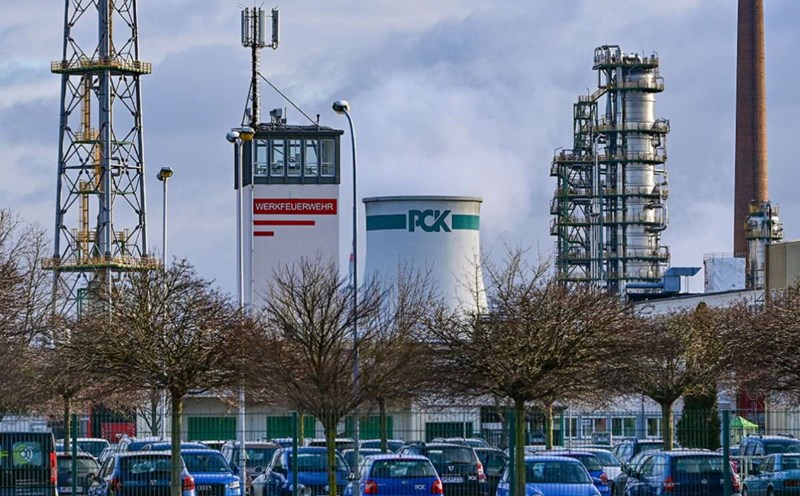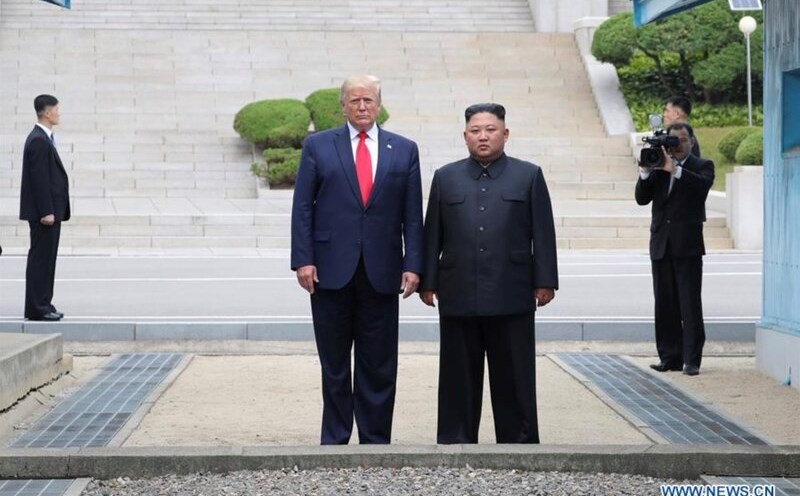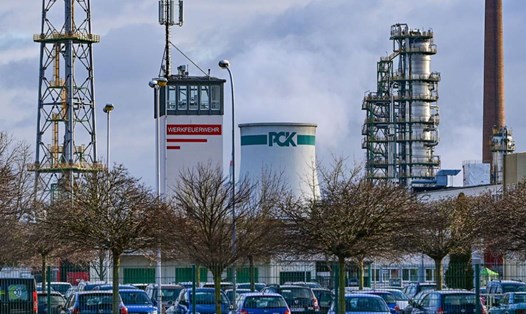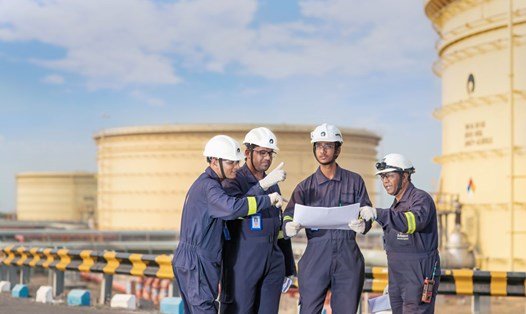Bloomberg reported that the Trump administration is putting strong pressure on Germany for a 6-month term to resolve the ownership of Rosneft Germany, a branch of Russian oil and gas giant Rosneft PJSC.
According to sources familiar with the matter, this is a short grace period for Berlin to rearrange its ownership structure, avoiding the risk of strategic refineries being paralyzed by Washington's sanctions.
A special non- renewal license, which would allow Rosneft Germany to be temporarily exempted from sanctions for six months, is being considered by Washington for Berlin.
The license will allow German refineries to operate stably until the end of March next year, before the German government has to come up with a plan to completely "exorcise Russia" from ownership of this energy enterprise.
German Economy Minister Katherina Reiche is expected to discuss Rosneft at the G7 Energy and Environment Ministers' Meeting held in Toronto ( Canada) this week, in order to seek a multilateral solution.
Without a US license, Rosneft Germany could be cut off from major customers as early as November 21, when Washington's latest package of sanctions takes effect.
Compared to the UK, the country has granted 2-year licenses to Rosneft units in London, the 6-month period that the US provided is considered too short, for Berlin to race against time.
Rosneft Germany currently owns a stake in three refineries - about 12% of the country's refining capacity - including the Raffinerie GmbH refinery in Schwedt, near the capital Berlin, and a stake in the Transalpine pipeline. These plants are an important link in Germany's fuel supply system.
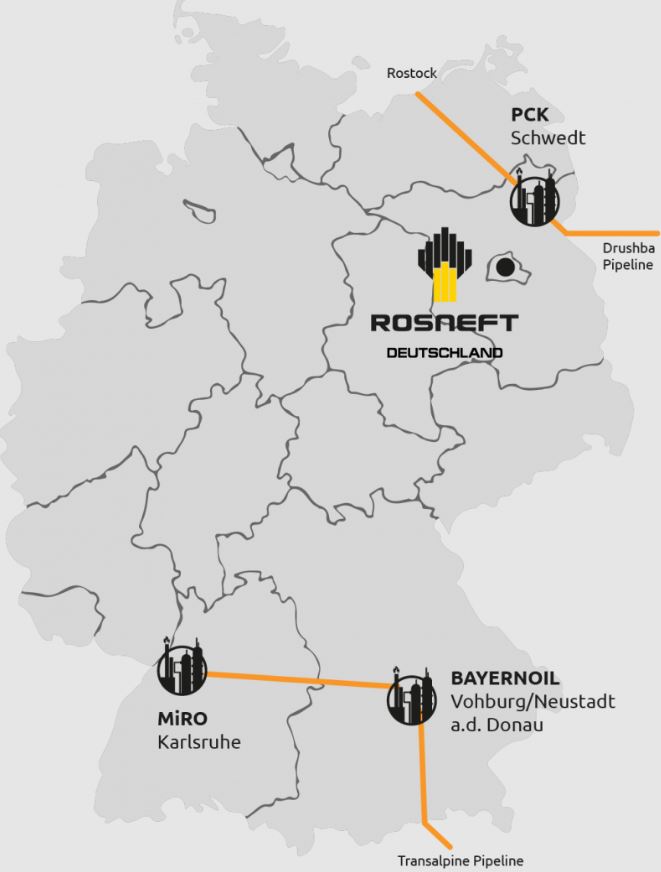
After Russia launched a comprehensive military campaign in Ukraine in 2022, the German government temporarily seized Rosneft's assets and put them under state management. However, Berlin has not yet found a long-term solution, although it has negotiated with Qatar to resell shares, but the deal failed due to price disagreements.
Speaking last week, German Chancellor Friedrich Merz expressed optimism that Germany and the US could find a temporary solution to avoid negative impacts on Europe's energy activities. The German Economy Ministry also confirmed that it is fully negotiating with US authorities to clarify legal aspects, but declined to disclose details about the negotiation process.
Meanwhile, Berlin is still avoiding the scenario of completely naturalizing Rosneft Germany because it is concerned that Moscow could retaliate by seizing the assets of German enterprises operating in Russia.
In addition, another risk is that oil supplies to the PCK plant in Schwedt - which receives crude from Kazakhstan via the Druzhba pipeline running through Russia - could be disrupted if the two sides' relations deteriorate.
Observers say that the US's 6-month "ultimatum" puts Germany in a position to both protect energy security and avoid falling into a round of sanctions in the context of Russia-Western relations not cooling down.


